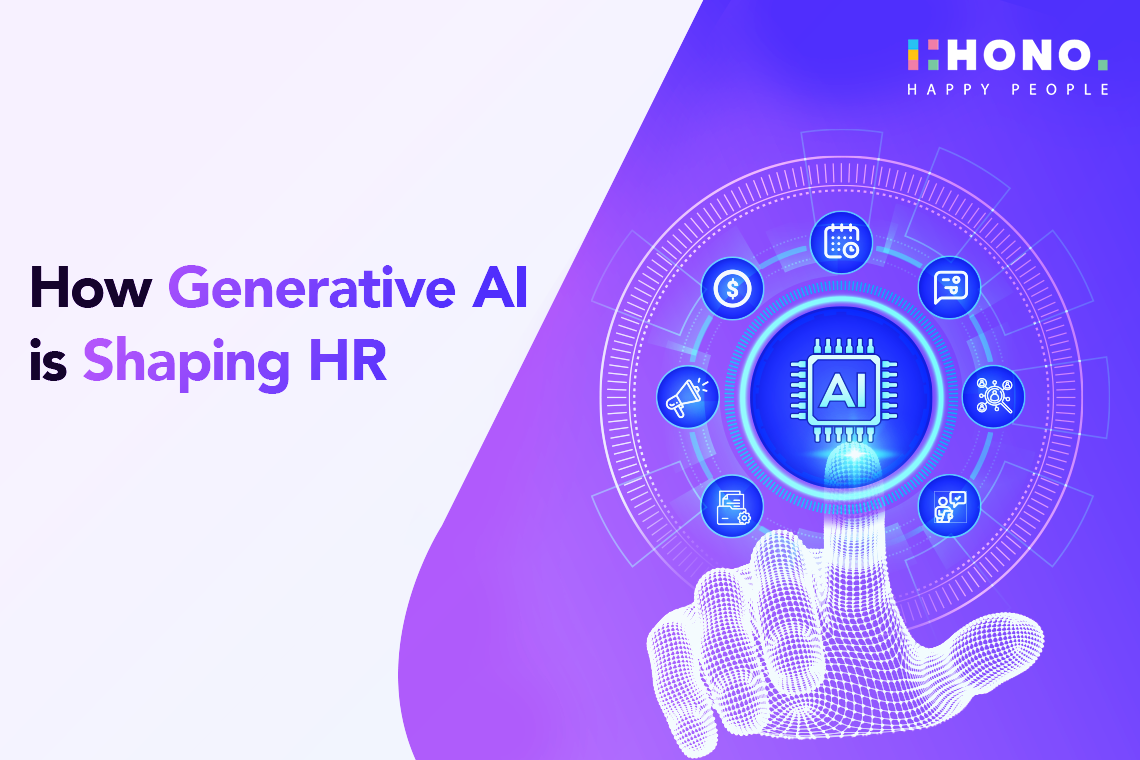There has been quite a stir around the world in the face of the global pandemic followed by the aftermath of the great resignation that hit the first world, economically progressive countries like the USA and the UK, raising questions on that what is it exactly that today’s new workforce want? How and why are they different in the way they practice employment and what should organizations look forward to ensure business success when employing them?
HOW MILLENIALS ARE CHANGING WORKPLACE CULTURE FOR THE FUTURE
8 mins

“Gen Y is going to be major player in determining the impact of human capital in the growing knowledge economy. As per BCG report on labor markets, India is going to be major contributor to global employee base. Thus it is imperative to have a study on Indian Gen Y, as the characteristics this group will display, will be different from their global cohorts because of different influencing factors”. Anshoo Gaur President & Head, Amdocs India
Studies indicate that by 2025, 75% of the workforce will comprise of millenials, making industries rely heavily on a population characterized by factors that have not been a part of the culture of the former generational workforce. With the oldest millenials turning 40 in 2021, it is wise to consider that the oncoming talent in the world will be largely populated by them and this time, it is different than ever before. As the youngest generation of millenials begin their working lives, what are their hopes and expectations? Should business leaders and HR teams revise their current strategies accordingly?
Unlike previous generations, the millenials have seen rapid transition in their experiences. Being the first generation to have access to broadband, the internet and lately the social media, millenial’s vision of the working world is colored by rapid progress and flexibility which they wish to adapt in the way they work and perform.
To keep up with the millenials, business leaders should focus on meeting the needs of the new entrants into the workforce by incorporating innovation and new development tactics. To begin with, we need to identify what do millenials expect from their leaders? What are the key differentiators between millenials and the preceeding generation of employees – the baby boomers?
Hesitant to comply with rigid corporate structures, Millenials are demanding an interesting career with information to be accessible immediately. With technology being a large part of the millennial lifestyle and culture, the leap that has taken place in terms of access to information between the soon-to-be retiring baby boomers and the Millenials is huge. Most of them want to communicate using social media websites and expect faster communication, blurring the line between the way they correspond in their personal and work life. They are also the first to challenge outdated management structures, asking for a management style and corporate culture that meets their needs. What they expect from their leaders is guidance and constant feedback to feel valued to stretch upto their entire potential. As per a study by PwC, Millenials prefer working for a more diversity-inclusive organization with no biases, something they say has not been realized by organizations fully yet. Additionally, they are also less likely to stick to an organization that does not meet their needs, leading to higher attrition, causing the company costly hiring expenses everytime a millennial decides to leave.
This time, the tables have turned and millenials are calling for change. They are looking for a flexible approach to work, regular feedback, and, an attractive employer brand. All the above demands are deepening the war for talent, as most millenials are picky about how and with whom they want to build their careers. Following the wave, companies like Google and Apple have promptly innovated their workplace culture to target millenials which is why they have been able to pick the best talent around the world.
As per the report by PwC, the new generation is less focused on serving lifetime loyalty to organizations and is more likely to be open to job opportunities to climb the corporate ladder in comparison to their seniors to fulfill their ambitions. This scenario also poses high risks of attrition for organizations, where if corporate leaders do not meet the needs of the young employees, they can lose talent overnight. Since a large population of millenials has compromised with their career objectives to land a job during the economic downturns, they are constantly striving for opportunities that promise them the right environment to thrive. Infact, 38% of currently working millennials said they were actively looking for a different role and 43% are open to offers whereas only 18% expect to stay with their current employer for the long term. Keeping their fundamental attributes apparent, HR leaders need to program more inventive talent strategies in order to attract, retain and get the best out of millenials.
When it comes to their choice of workplace, millenials are more attracted to a flexible work-culture where they can decide when and where from do they want to work. Unlike their predecessors, millenials are not satisfied with a good paycheck alone. They are committed to their personal learning and are looking for employment opportunities that also provide training and development models to scale their careers with better skills. To accommodate the new wave of change, around 65% of business leaders are now focusing on non-financial rewards to improve employee engagement and retention. However, it is important to remember that millenials focus on additional benefits like learning and development, reverse training approach to assist senior leaders with the millennial way of working to bridge the generational gap and exchange skills, and other such benefits only once their basic requirements of salary and working conditions are met.
With IQ becoming a fundamental part of the new age work-culture, HR leaders need to lay emphasis on sentiment analytics using pulse surveys to analyze the needs of the new workforce. To millenials, development and work-life balance is as important as a good pay check and a climbing career graph. Moreover, they are also constantly wanting to work in the company of innovative colleagues to satisfy their creative and disruptive needs.
“The workplace and workforce are going to change pretty dramatically as we look forward. The entire concept of work is going to become more flexible. The skills needed in the workforce are going to be less about IQ and a little bit more about EQ, because if you think about it, a lot of IQ knowledge is going to be available at our fingertips through hand-held devices and the computer and technologies that we have at our disposal”. - Deborah Henretta, senior adviser, General Assembly
Whether millenials are similar or different to the previous generation will be a comparison soon of the past. What lies ahead is the demographic challenges that indicate the need for organizations to understand the new generation better and transform to keep them inspired and engaged.
- Understand this generation: From setting interactive sessions and using predictive analysis to highlight potential retention risks and strategize succession planning, organizations should implement technological advances to keep the millenials hooked and performing. Additionally, organizations should monitor talent pipelines issues and ensure strategic people planning is upto the job.
- Strike a ‘deal’: Creative reward strategies with prospects of customized benefits in return for what organizations expect of potential employees is an important aspect of getting the deal right. Addressing the need of learning and development opportunities, work life balance and flexibility of approach is prime to the transition.
- Feedback: Feedbacks form an important aspect to keep millenials engaged. What the generation is looking for is constant evaluation of progress in comparison to the annual review that the previous generation received.
- Faster advancement: Historically, career advancement was built upon seniority and time of service, a format that is redundant to millennials who value results over tenure and are sometimes frustrated with the amount of time it takes to work up the career ladder. Quicker career advancements with more levels and grades is what will keep them motivated to meet organizational expectations.
- Let them go: Since many millenials have compromised on their professional goals, they are more likely to leave an organization on finding fitting opportunities. Organizations must build their plans accordingly and strategize succession planning and separation to make way for newer, superior talent.
Request a Demo Now!
.png?width=70&height=70&name=Team%20HONO%20logo-01%20(1).png)
Team HONO








.jpg)
